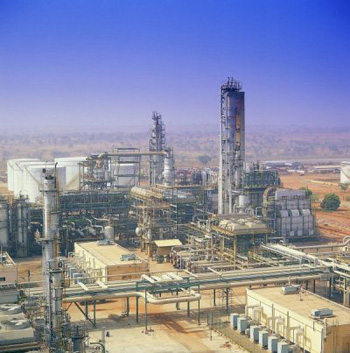 Menu
Menu
Corrosion Inhibitor Chemicals for the Oil and Gas Industry
Corrosion inhibitors are chemicals that are applied to corroded metal surfaces to prevent corrosion. These compounds are organic or inorganic and are commonly used in the automotive industry, power generation, and other industries. The purpose of a corrosion inhibitor is to protect the metal surface from further degradation. There are many different types of corrosion inhibitors, and they are all effective in reducing the rate of corrosion. While there are some advantages and disadvantages to each type of inhibitor, they all share a common characteristic: their effectiveness.
In contrast, oxidizers like glutaraldehyde and isothiazolin are not a good choice for this application. They are not able to inhibit corrosion, and they are often used to prevent bacteria from becoming resistant to the compounds. However, there are some disadvantages to isothiazolin. It is a vapor that can cause allergic reactions in some people. Because of this, corrosion inhibitors are only effective if they are applied by a professional in a closed-loop system.
Organic corrosion inhibitors are non-toxic, contain polar functions, and have a conjugated system. These inhibitors are generally derived from adsorption. These substances form a protective film that blocks corrodents from penetrating the metal surface. The adsorption layer is crucial to the efficiency of the inhibitor. The toxicity and adsorption properties of organic corrosives are a problem for many oil and gas companies.

Certain organic corrosion inhibitors can be effective at preventing the formation of corrosion in acid solutions. Their efficiency is based on the halogen ions they contain. Chlorine, I-, and Br- are the most effective, while fluoride does not exhibit any of these characteristics. The synergy of halogen ions is attributed to the fact that the metal adsorbs the halogen ions. The negative charge of the metal increases the adsorption of cationic organic inhibitors.
The use of non-toxic corrosion inhibitors is a significant step forward for oil and gas companies. They are a valuable resource for the oil and gas industry, as they help to reduce the rate of corrosion. Among the other benefits of these chemicals are their availability. The chemicals that they produce are available in the market and can be found almost everywhere. Some are designed for the treatment of specific types of corroding metals. They are suited to the conditions in the North Sea, and can be deployed to a wide range of locations.
Acid solutions are widely used in many industries. It is crucial to find a corrosion inhibitor that will protect your equipment and ensure its safety. For example, an acid solution can eat through steel and cause corrosion in oil and gas wells, and so it is critical to identify the best one for your application. If the chemical reacts with metal and rust, it will increase its corrosive activity. This means that an inhibitor is vital for oil and gas projects.
